Best And Most Beneficial ERP Software will be described in this article. The everyday essential operations of your company’s numerous departments can be effectively analyzed, interpreted, and carried out using an ERP System. Organizations can manage all business activities through a single system by utilising this business management solution.
ERP, or enterprise resource planning, is one of the IT industry’s fastest-growing software applications. A single software package that can be used by the entire company is created by integrating the essential business activities. It has modules for finance, sales and marketing, human resources, trade and logistics, and other areas that make it easier to conduct business, streamline procedures, and manage data.
Top 15 ERP Software In 2024
In this article, you can know about Top 15 ERP Software In 2024 here are the details below;
The global ERP market was worth $35.81 billion in 2018 and is projected to reach $78.40 billion by 2026, according to the Allied Market Research. According to a SelectHub poll, 95% of businesses choose cloud-based ERP solutions, while only 5% are ready to stick with only on-premise solutions. This sector is expected to increase at a CAGR of 10.2% from 2019 to 2026.
ERP tools are quickly becoming cloud-based and mobile-based to keep up with the most recent technology advancements. Pro tip: Companies employ enterprise resource planning solutions to expand their operations and keep and strengthen their competitive advantage. The solution you choose should be functionally appropriate for your organisation, which should be your top priority.
In addition, considerations including industry experience, technology, dangers, scalability, and price should be taken into account (Up-front & On-going).
Benefits of ERP Software
Common databases used by ERPs typically allow data to flow from one module to another, allowing for the usage of a single tool across the enterprise.
- Payroll is one such HR-connected process.
- But because it involves money, the Finance department is also involved.
- Data must transfer between the Finance and HR modules in such circumstances.
- You may handle day-to-day operations and long-term planning more effectively with the aid of Enterprise Resource Planning Systems.
- Benefits of ERP Systems are illustrated in the figure below:
How long would it take to get the results of the ERP system?
The initial cost of the ERP software could be significant for small to medium-sized organisations. Businesses can use cloud-based solutions with monthly subscription rates. Businesses are receiving a significant proportion of anticipated gains in just nine months, according to an ITWeb poll.
- It is worthwhile to invest in EPR systems because their payback period is short.
- The figures below will demonstrate the ROI on ERP implementations that various SMEs have experienced:
- Infrastructure improvements have been reported by 43% of the organisations.
- Expected cycle time reduction has been experienced by 41% of enterprises.
- Benefits from cost reduction were felt by 27% of businesses.
- As a result, ERP systems are advantageous to the entire firm.
- There are a huge selection of ERP software on the market.
- The top 12 Enterprise Resource Planning software that is extensively used across sectors are covered in this post.
1. Oracle NetSuite
Get a quote NetSuite Logo Windows, Mac, iOS, Android, Web-based No Small to medium-sized organizations Oracle Corp. has purchased and is marketing NetSuite.
In addition to NetSuite OneWorld, which enables the implementation of NetSuite across many currencies and the management of numerous organisational subsidiaries, NetSuite consists of five suites: ERP, CRM, E-Commerce, Professional services automation, Human Capital Management.
Features:
- Financial management tools in NetSuite include built-in business intelligence.
- Cycle times will be shortened, and your planning process will be improved by its financial planning elements.
- The order to cash process will be sped up by its order management features.
- Procurement, Warehouse & Fulfillment, Supply Chain Management, and Production Management are all supported by its features and functionalities.
Conclusion:
- NetSuite will improve business procedures.
- Data and visual analytics are combined in its built-in business intelligence.
- As your organisation expands, you can quickly add and customise functions because to its great scalability.
- Price: For further information on price, request a quote.
2. SAP S/4HANA
SAP is the industry leader when it comes to ERP systems. The most popular ERPs are SAP products, which hold a sizable market share. For large businesses, SAP S/4HANA is SAP’s ERP business suite.
Rich real-time data analytic capabilities and hybrid, on-premises, and cloud deployment options are available with SAP S/4HANA.
It includes the HANA (High-Performance Analytics Appliance), an in-memory relational database management system used mostly for advanced analytics and data processing.
Features:
- Intelligent technologies like AI, machine learning, and advanced analytics are already included in SAP S/4HANA.
- It has a streamlined data model and an in-memory database.
- It is equipped with best practises and skills for a variety of sectors.
Conclusion:
SAP S/4HANA is the system with embedded AI technology that offers real-time advanced analytics, streamlined data display, and reporting that is 100 times faster.
It can be deployed in a variety of ways.
Price: A 14-day free trial is offered.
For SAP S/4HANA Cloud and SAP S/4HANA, you can request a price.
3. SAP ERP
Another item from SAP designed for large enterprises is SAP ERP.
One of the most commonly used ERPs, it is being utilized in a combination of sectors, nations, languages, and currencies.
It also has a mobile interface that can be used anywhere and at any time.
In addition to these, it provides a smooth transition to SAP S/4HANA.
Expert consulting services are offered by SAP ERP.
You can benefit from services for developing custom applications.
Features:
- SAP has extensive technical and industry experience.
- Standards for data centres, privacy, and product security are upheld by SAP.
- Your SAP systems will continue to perform at their best thanks to its support services.
- Long-term goals, embedded teams, and remote technical assistance are all part of it.
Conclusion:
The SAP ERP Central Component, or
50000 clients utilise SAP ECC, which is used in 25 different industries.
This product will be supported by SAP through 2027.
- Price: For further information on price, request a quote.
- Some SAP products are available for free trial.
- SAP ERP’s website.
4. Microsoft Dynamics 365
Ideal for medium-sized to large organizations. Microsoft Dynamics is the brand name for the line of ERP and CRM products it has created.
The Dynamics range of Microsoft products includes numerous products like Dynamics GP, Dynamics NAV, Dynamics AX, and others.
PowerBI, MS Project Server, and other Microsoft applications can be readily linked with MS Dynamics 365.
Features:
- The cloud-based integration of ERP and CRM operations is a key feature of Dynamics 365.
- It includes of modules for things like Field Service, Sales and Marketing, and Finance & Operations.
Conclusion:
Microsoft Dynamics 365 offers a collection of business software that enable organisations to monitor leads, increase sales, and enhance operations.
It uses mixed reality, AI, and machine learning capabilities and can offer automated fraud protection and predictive sales coaching.
Price: Microsoft Dynamics 365 provides a solution for different business sectors, and the cost varies accordingly. For example, the cost for marketing starts at $750 per tenant per month, while the cost for sales starts at $20 per user per month, customer service costs $20 per user per month, and finance costs $30 per user per month.
5. Oracle Cloud ERP
Ideal for medium-sized to large organizations. Oracle offers a variety of enterprise resource planning systems, including PeopleSoft and JD Edwards, that are tailored to particular industries. Also check Ecommerce Software
A cloud-based ERP solution from Oracle is called Oracle Cloud ERP.
Financials Cloud, Procurement Cloud, Risk Management Cloud, and other software modules are included in it.
Additionally, there is a unique ERP Cloud for medium businesses that enables them to deploy ERP cloud and guarantee business convenience and expense reduction.
Features:
- In Finance, HR, Supply Chain, and Customer Experience, Oracle ERP Cloud offers the most comprehensive and seamless capabilities.
- The full picture of your company’s finances and operations will be simpler to see.
- It can be utilised for business operations that are mission-critical.
- Every 90 days, the cloud is updated, giving you access to the newest features.
- The bottom line is that Oracle Fusion Cloud ERP will assist you in fast adapting business models and procedures.
- It will lower expenses, improve projections, and increase innovation.
- Due to its great scalability and use of Gen 2 cloud infrastructure, this solution offers unparalleled speed, security, and continuity.
- Oracle Cloud has a free trial available.
- Additionally, a 30-day free trial of cloud services is available.
- You will have free access to many Oracle Cloud Services, including databases and analytics, throughout this trial period.
6. Epicor ERP
Small, medium, and large-scale manufacturers, distributors, retailers, and service providers are the target market for Epicor ERP. Epicor offers integrated Point of Sale (POS), e-Commerce, and customer service solutions in addition to active ERP and retail solutions.
Additionally, it utilises cutting-edge technologies like big data, cloud computing, mobile technology, and so forth. Windows and Epicor have a very similar look and feel.
Both on-premises and cloud deployments of Epicor are possible. The data gathered from PLCs or IoT sensors will allow you to monitor your shop in real-time.
Features:
- Social network-style communication will be included into Epicor Collaborate.
- Your teams will have more control over content workflow thanks to DocStar ECM.
- Routine chores will be streamlined using Epicor Virtual Agent.
- It is simple to operate and has a current design interface.
Conclusion:
Epicor is the scalable solution that assists manufacturers in increasing profit, productivity, and readiness for the future.
Manufacturers, wholesalers, independent merchants, etc. can all benefit from its solutions.
Price: For further information on price, request a quote.
7. Sage Intacct
For small- and medium-sized businesses, Sage provides one of the top cloud-based accounting and financial Enterprise Resource Planning systems.
Sage Intacct provides modules for order management and purchasing in addition to its main Finance and Accounting features.
Other modules offered by Sage Intacct include those for inventory management, fixed assets, time and expense management, multi-entity and worldwide consolidations, and others.
Features:
- Sage Intacct offers effective automation of difficult procedures.
- It analyses data in multiple dimensions.
- Along with Salesforce, ADP, and other cloud services, Sage Intacct also offers integration with them.
Conclusion:
Sage Intacct is a flexible platform that is simple to customise to your working style.
It offers cutting-edge features, or everything necessary to boost efficiency.
Price: Sage Intacct provides a free 30-day trial.
To learn more about price, request a quote.
Reviews indicate that it might cost anything from $8000 per year for a single user to $50,000 or more for businesses managing numerous entities.
8. Oracle JD Edwards EnterpriseOne
JD Edwards is a different collection of excellent ERPs that Oracle offers. EnterpriseOne provides functionalities for Environmental Health and Safety Incident Management in addition to the conventional ERP modules.
Several industries, including packaging, manufacturing, and others, employ JD Edwards.
JD Edwards also offers JD Edwards UX One, a product that enhances user experience.
Features:
- For industries including Asset Intensive, Projects & Services, Manufacturing & Distribution, and Consumer-Packaged Goods, EnterpriseOne has solutions.
- It provides a variety of solutions, including order management, manufacturing management, financial management, project management, asset lifecycle management, and others.
- You may get the most out of your investment in the on-premise JD Edwards EnterpriseOne solution by using Oracle’s IaaS, PaaS, and SaaS solutions.
- With Oracle Cloud and JD Edwards, business agility, cost reduction, and risk reduction may all be achieved.
- It offers improved security and efficient management and deployment of applications.
Conclusion:
Oracle JD Edwards offers a contemporary and straightforward user interface. Also check Screen Recording Software
It uses a cutting-edge methodology to boost productivity and will enable you to do tasks more quickly and intelligently.
- Price: A free tyre is provided by Oracle Cloud.
- You can begin for nothing.
- Additionally, a 30-day free trial is available that gives users access to a variety of Oracle Cloud services, such as analytics and databases.
9. SAP Business One
A cloud-based enterprise resource planning solution called SAP Business One covers a number of functional areas, including project and resource management, financial management, product planning, and inventory control.
Additionally, it contains SAP Crystal reports that are employed for reporting and analytics.
Additionally, SAP Business One has a version called SAP Business One for HANA that runs on HANA’s (in-memory capability).
Features:
- One simple, cost-effective solution, SAP Business One, may be used to manage your entire business.
- It provides features and functionalities for business intelligence, purchasing & inventory control, sales & customer management, financial management, and analytics & reporting.
- It is a platform that can be scaled up to link and automate your activities.
- It can be set up locally or on the cloud.
- It offers platform integration with SAP HANA.
Conclusion:
SAP Business One is the user-friendly option for managing finances, sales, CRM, analytics, inventory, reporting, etc.
This solution will enable you to meet all of your department’s needs.
Its straightforward, potent, and adaptable user interface will instantly provide you with a single picture of your company.
Price: For further information on price, request a quote.
10. Salesforce CRM
One of the leading companies offering cloud-based CRM (Customer Relationship Management) solutions is Salesforce.
This CRM software is totally cloud-based.
The Salesforce CRM service can be divided into several categories, including IoT (Internet of Things), Sales Cloud, Data Cloud, Marketing Cloud, and Commerce Cloud.
The sales and support teams can keep track of their customer and lead information.
Features:
- For small enterprises, sales, service, marketing, commerce, and other areas as well, Salesforce offers capabilities and functionality.
- You can connect any app, data, or service, whether it is hosted in the cloud or locally.
- Additionally, it has the Classic and Lightning user interfaces.
- Salesforce assists the sales team in streamlining their sales procedures, in conclusion.
- You may include data from real-time chat and CRM into your documents, spreadsheets, and PowerPoint slides.
- It offers a tailored solution to fit the demands of your sector.
Cost: A free trial of Salesforce CRM is available.
There are four pricing tiers for Sales Cloud: Essentials ($25/user/month), Professional ($75/user/month), Enterprise ($150/user/month), and Unlimited ($200/user/month) (Euro 300 per user per month).
11. Acumatica
Cloud-based ERP software is called Acumatica. It provides answers for the field service edition, commerce edition, manufacturing edition, distribution edition, general business edition, and manufacturing edition.
You can access real-time insights from any location at any time because it is a cloud-based service.
Both on-premises and in the cloud deployment options are available.
You can modify your deployment option at any time thanks to this.
Features:
- The Financials, Project Accounting, CRM, and Reporting & BI functionalities of the General Business Edition make it a full package.
- The Distribution Edition provides features for tracking inventories, automating purchases, organising quotations and orders, and enhancing customer service.
- The features of client management, sales orders, inventory purchasing, etc. are provided by the manufacturing edition.
- With capabilities for service orders, appointments, contracts, warranties, etc., every step of your field service operations may be monitored and optimised.
Conclusion:
With Acumatica, you only pay for the resources that are really used, not for the total number of users.
Its flexible licencing options allow for the addition of users without the need to purchase more licences.
As your firm expands, you may increase capabilities with it.
Price: For further information on price, request a quote.
You will only be required to pay for the computing resources when using Acumatica.
Applications you want to start using, the kind of licences (SaaS Subscription, Private Cloud Subscription, or Private Perpetual License), and the amount of consumption based on the volume of your company transactions and data storage, are the three basic variables that determine cost.
12. Odoo
ERP and CRM software called Odoo is open-source. It is available for download and cloud use. It contains features for streamlining your business processes, creating websites, managing finances, customising and developing, etc. This is another ERP Software.
You can select between on-premises, cloud hosting, and the Odoo.sh platform.
Features:
- You may automate your business activities with the aid of Odoo apps.
- Applications will be fully integrated.
- You can automate and track anything with the aid of Odoo.
- You will have a centralised solution that can be accessed on any device and from any location.
- Conclusion: Odoo’s framework is distinctive because of its current and attractive technical architecture.
- Five million customers utilise it to expand their businesses.
Price: Odoo offers a free initial installation.
Numerous programmes, including CRM, Invoicing, and Sales, are available.
Apps cost a minimum of $12 each month.
Additionally, it provides additional interfaces like FedEx Shipping, eBay Connector, and others.
These integrations have a $36 monthly minimum.
The platform is available for free trial.
13. SysPro ERP
Manufacturers and Distributors Can Use SysPro ERP Software.
It offers features that will make it easier for you to manage your data and gather information.
It can shed light on a variety of commercial operations, including inventory, warehouse, and financial management, among others.
It has each functionality a CRM system would have.
14. Sage 300cloud
All-in-one business management software is called Sage 300cloud. To handle their finances, operations, and inventory, numerous industries use it. Multiple locations in various regions, languages, and currencies will be under your control. It makes it easier to manage numerous entities. It will make your finances simpler. It offers the essential components of inventory tools, integrated payments, sales order management, and finance tools.
The ideal option for medium-sized organisations is Sage 300cloud.
15. ERPNext
Cloud ERP software called ERPNext is open-source. This is another ERP Software.
It is used for service providers, nonprofit organisations, healthcare, education, and retail.
A 14-day risk-free trial is available. Its cloud plan costs $50 a month for each user. For a self-hosted edition, you can request a quote. ERPNext is used by more than 5000 enterprises.
Conclusion
Software for business management includes enterprise resource planning.
It is a collection of integrated applications.
The ideal ERP to deploy for a specific firm depends on a number of variables, including the organization’s size, the associated costs, and so on.
The choice of ERP systems is significantly influenced by corporate objectives, such as growth, efficiency, and time to market.
During the selection process, it’s important to take into account the functional software requirements, underlying technology, future scalability, budget, and resources.
The best enterprise resource planning products have been covered in this post.
Our top-recommended ERP options include SAP S/4HANA, SAP ERP, Microsoft Dynamics 365, Oracle ERP Cloud, NetSuite, and EPCOR ERP.

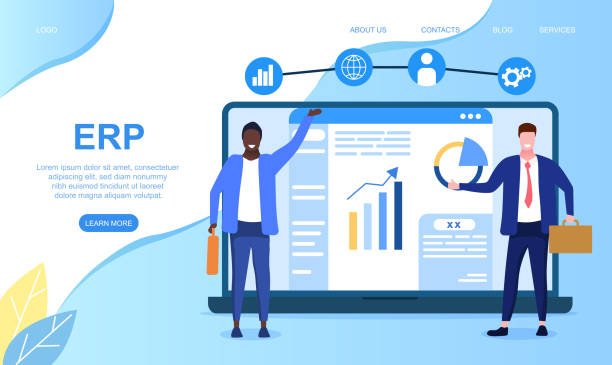
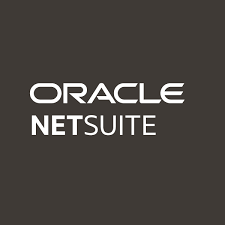

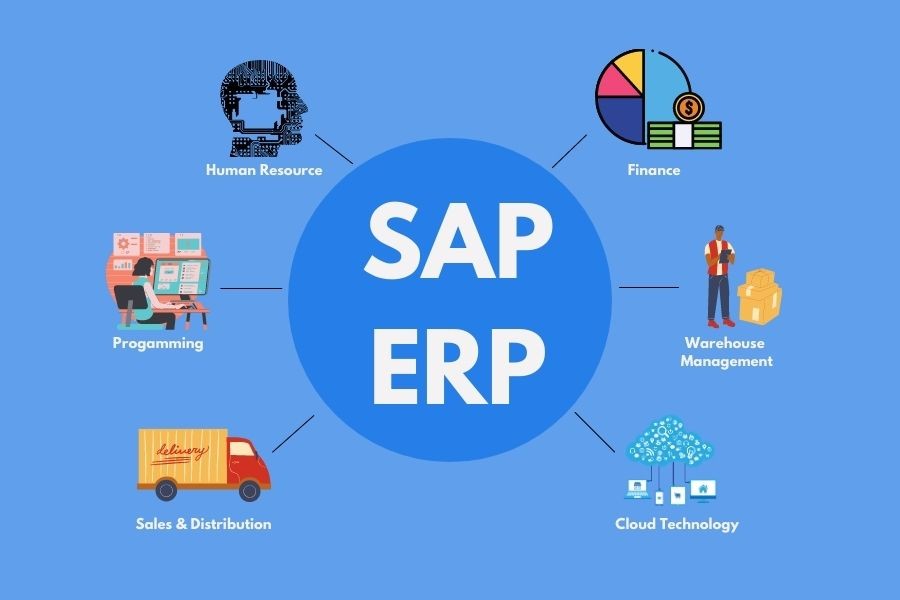
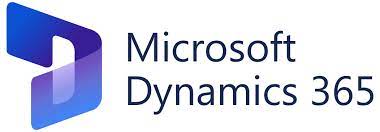
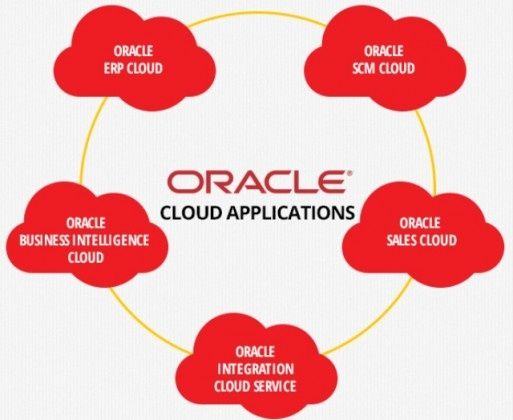
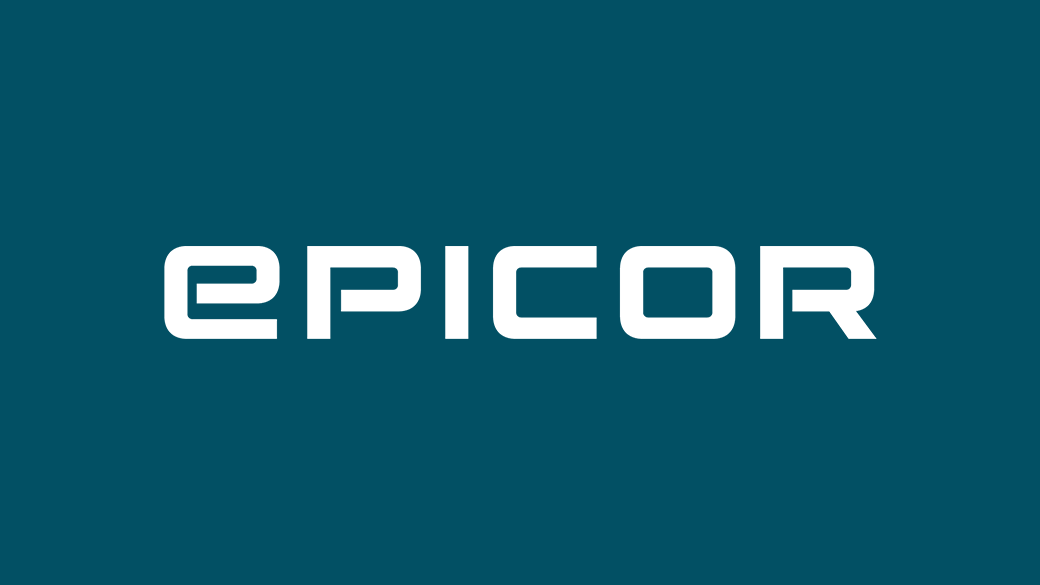

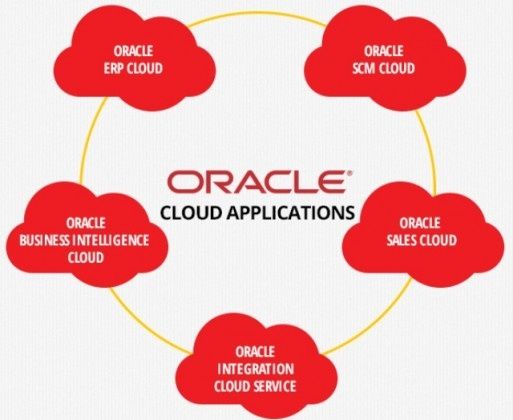

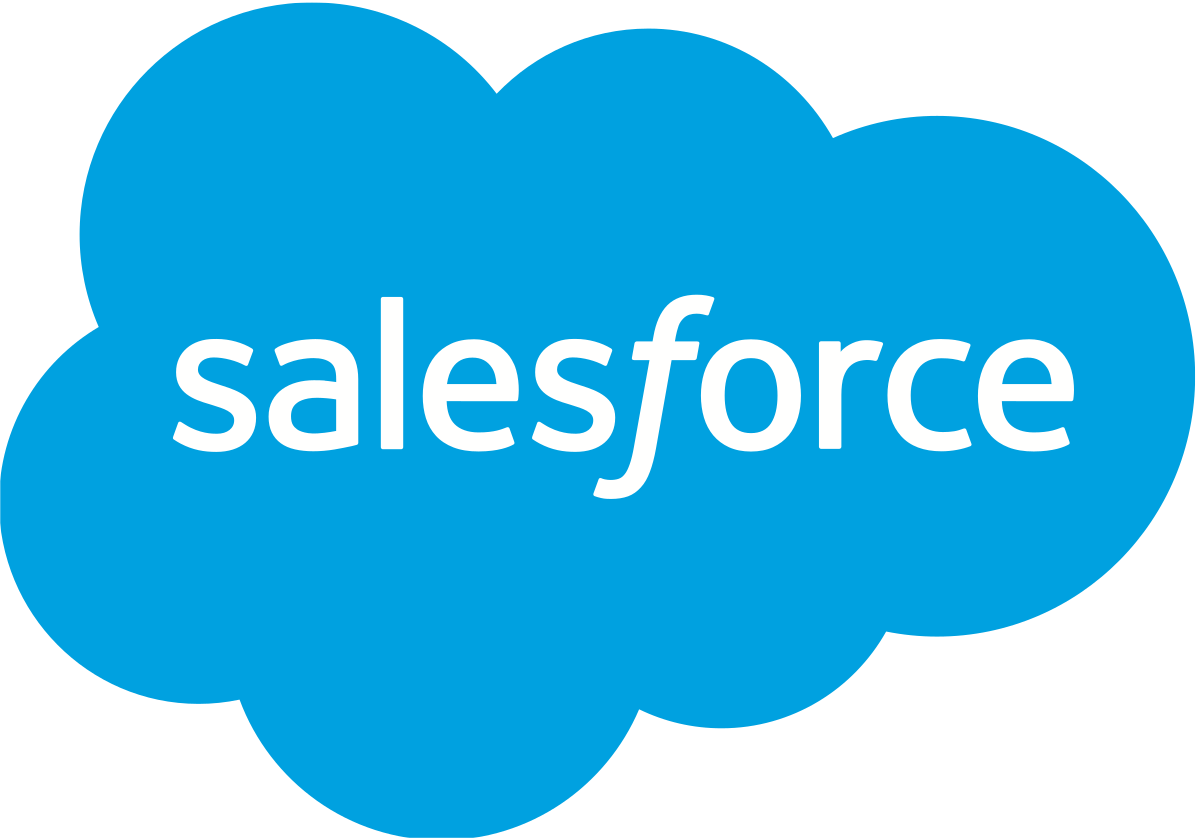
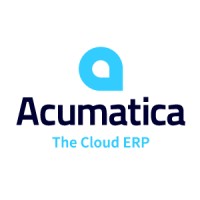
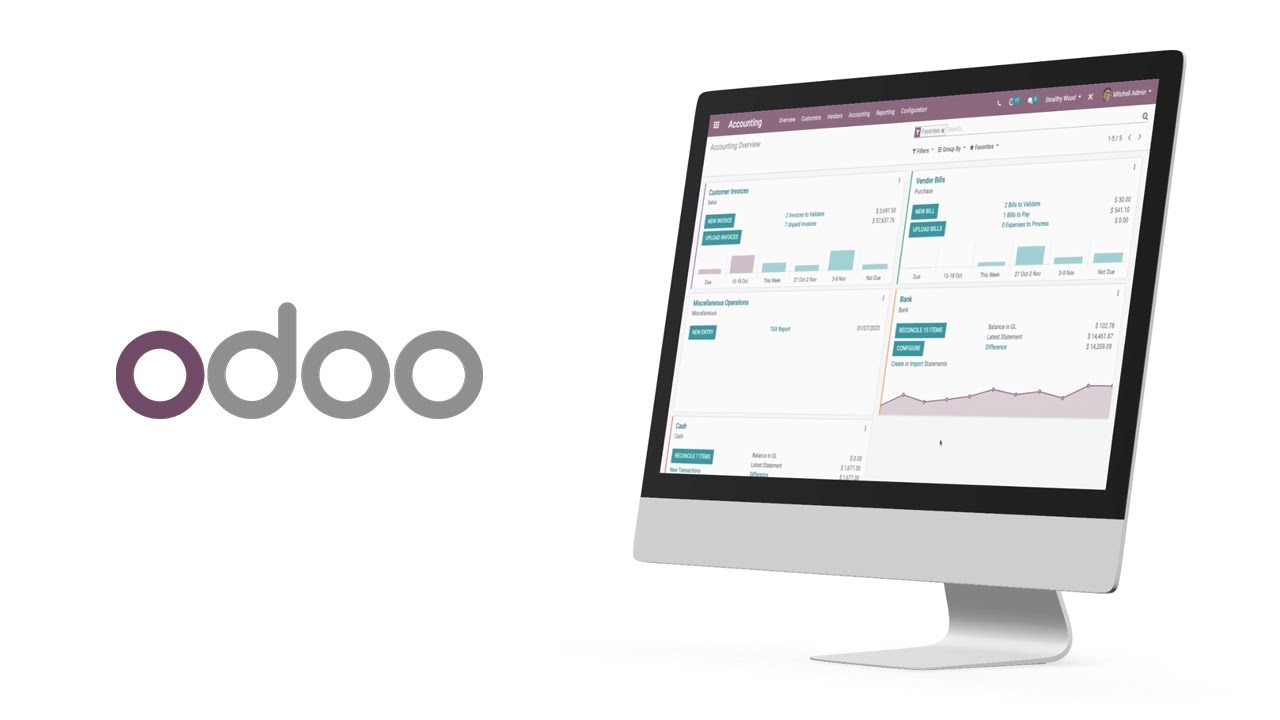
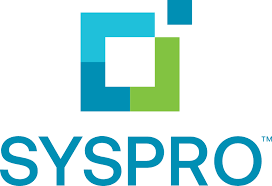

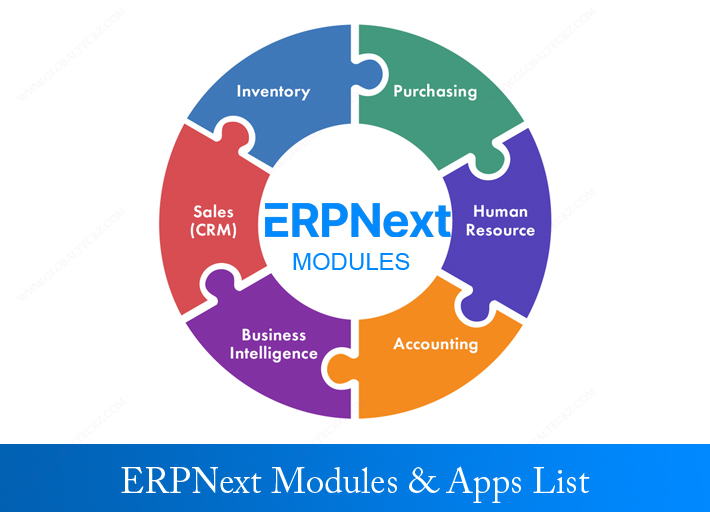





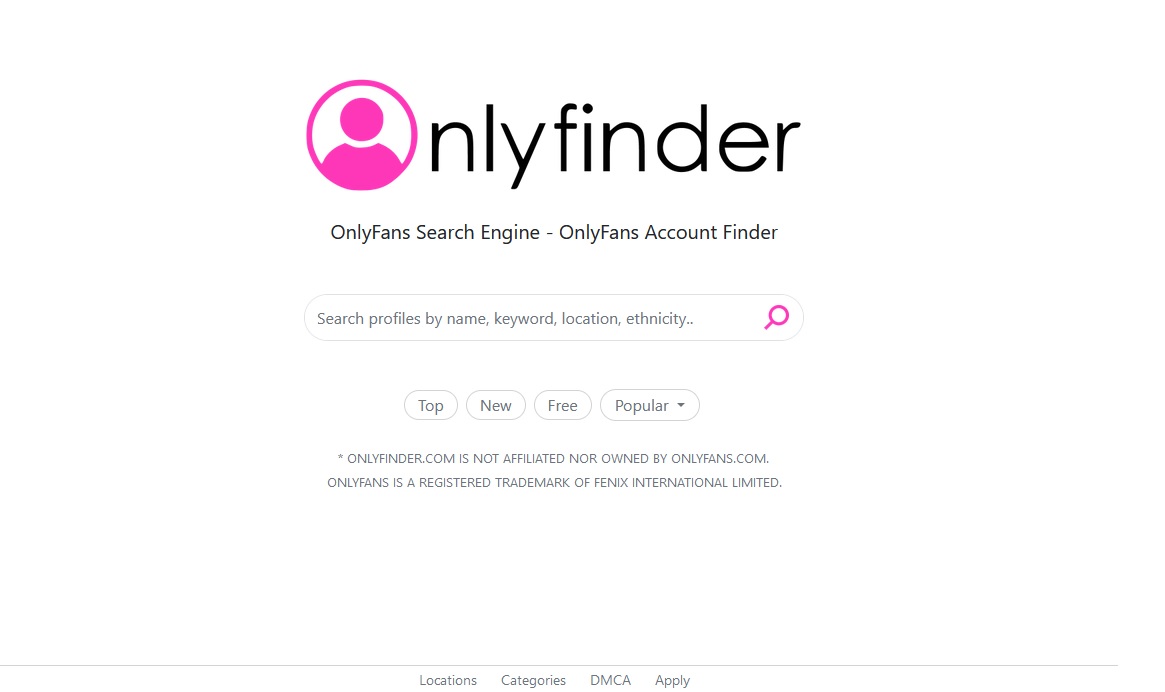
Add Comment